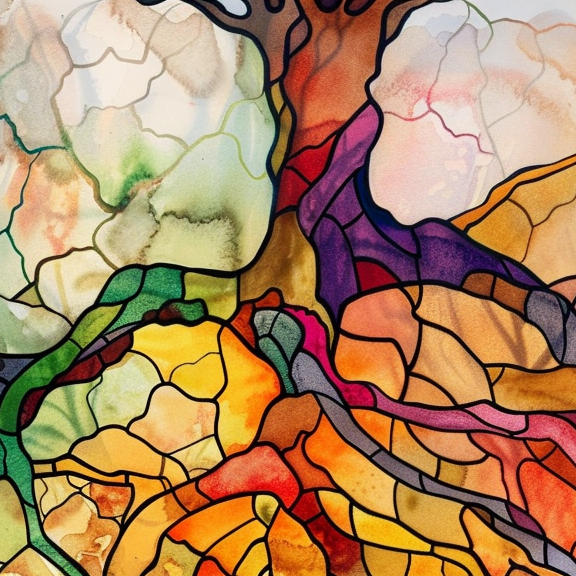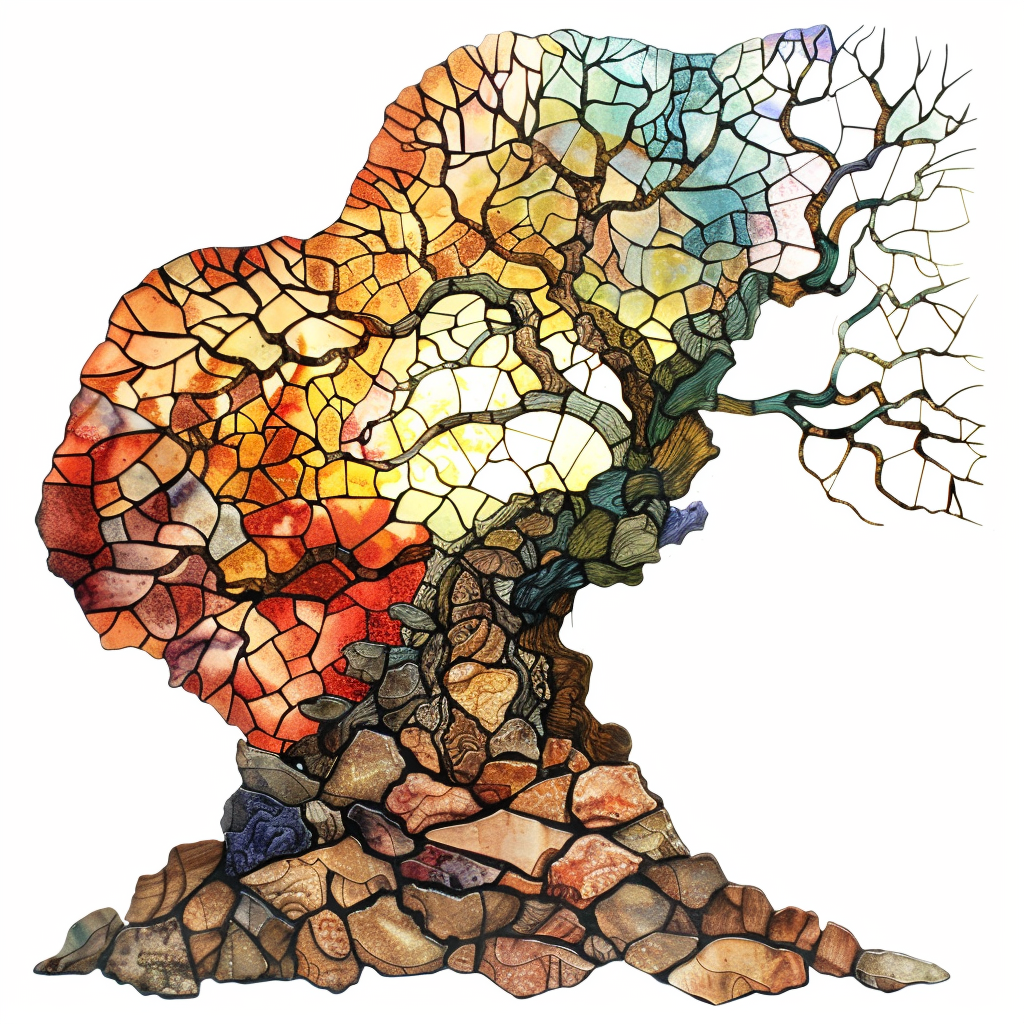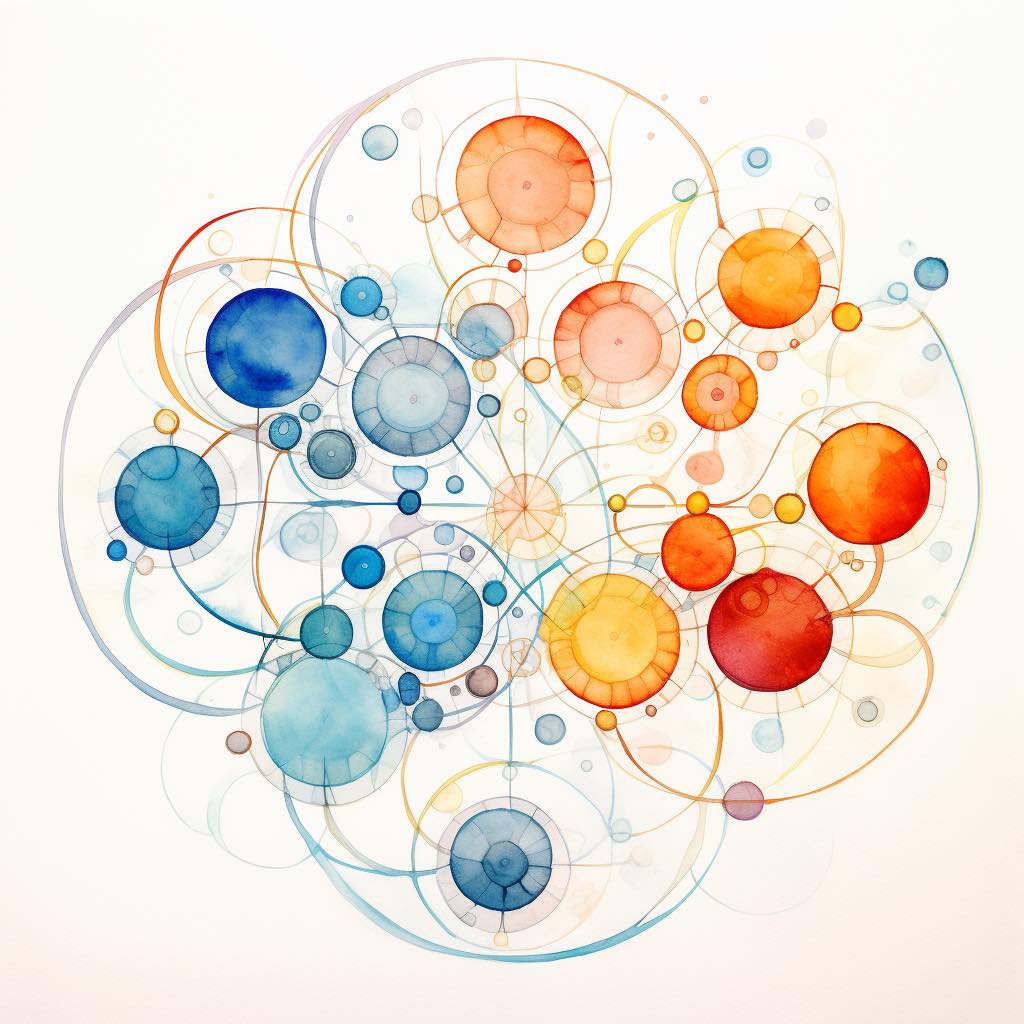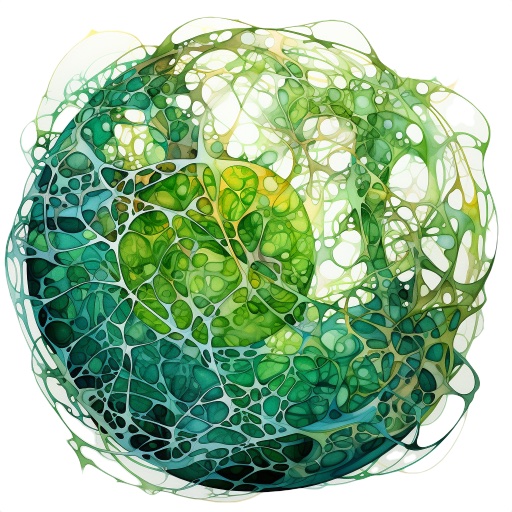Social systems for collective wisdom
What are the practices and patterns that nourish and foster wisdom in organizations?
How can organizations be more attuned to their ecosystems?
What is the movement of movements that we need right now?

About the project
This book project the social systems and frameworks that help organizations become wiser – on a collective and an individual level.
Individual Wisdom
Wisdom is not just about knowing information or being a good person. Being wise(r) means having information, experience, a deeper understanding, and clarity on what is relevant in a given context.
Yet, much too often, our conditioning and unhelpful frames get in the way. We run on our habitual thinking, the mental limits of our experience and mindsets.
To be “less foolish,” we need to make use of all the different ways of knowing. Our mind gives us one set of experiences, and so do our body, environment, instincts, and other people’s experiences.
One way to intentionally grow and evolve is to catch our cognitive blind spots to evolve and grow. Many psycho-technologies help us with that, for example, therapeutic modalities, coaching, mindfulness, and somatic practices. They provide insight, understanding, internalization, and other ways of building bigger and wider ways of perceiving and holding the complexity around us.
Organizational wisdom
Just as individuals benefit from embracing a wider spectrum of knowledge, organizations too thrive on a multidimensional understanding. The intention of this project is to shape that organizational learning more intentionally.
The capacity of an organization to integrate diverse ways of knowing significantly influences its overall working and the well-being its people.
Organizational wisdom plays a role in different ways:
- How organizations are organized.
Organizational structure, processes, and culture can be limited to getting in touch with reality and its environment.
Organizational frameworks can be a hindrance – with rigidity, silos or absurd products and services. But they can also be an opportunity – connecting the inner workings of an organization in a meaningful way that is mutually beneficial and enlivening for individuals and the whole.
- How to include other forms of knowing.
Meaningfulness includes purpose, but it includes much more. Imagine you had a friend who has a clear sense of their personal purpose. That’s great – but does it automatically make that person more wise? Without checks and balances, it might even be that this person becomes narrow-focused and foolish.
The goal for organizations is not merely to accumulate knowledge narrowly but to broaden the spectrum of understanding and include different ways of knowing. Social technologies listed below support that.
- How an organization is fitted into its environment.
Wisdom is not only about knowing oneself, it’s also about knowing what the world needs. A wise(r) organization seeks a multi-faceted interconnectedness with the world around it. Meaning stems from being in a fitted relationship with the ecosystem, interpenetrating and molding within it. Social frameworks can help facilitate that fit.

Wisdom dimensions and social technologies
Many social technologies bring new learning and insight – and bring us closer to wisdom.
Yet, none of them can cover everything. It’s the dynamic interplay between them – along with the commitment to find whatever gaps our practices might leave – that makes them powerful. What this approach brings is a meta-frame for combining social systems
All social technologies on the list bring something unique.
For this list, I only chose those which:
- primarily operate on a collective level
- allow for a mix of propositional and sub-propositional knowing.
The list and categorization is preliminary. Give me feedback if you disagree!
The list of “wisdom dimensions” is taken from John Vervaeke:
“Wisdom is an ecology of psychotechnologies and cognitive styles that dynamically (i.e. reciprocally) constrain and optimize each other such that there is an overall enhancement of relevance realization—relevance realization within inference, insight & intuition, internalization, understanding & gnosis, transformation, and aspiration.”
(John Vervaeke, Awakening From the Meaning Crisis)
Inference
For individuals: the process of drawing conclusions from available information or evidence
For organizations: gaining access to and processing information and making decisions based on them (information management, customer/community contact)
Social technologies
self-management like sociocracy | Agile | Open books management | OKRs | Wisdom Council/Dynamic Facilitation | Kanban | information management | Cynefin | Wardley Mapping
Insight
For Individuals: A sudden and often novel realization of the solution to a problem.
For Organizations: Developing unique and innovative solutions, with creative approaches that break away from traditional methods by recognizing unobvious patterns or connections.
Social technologies
Theory U | Design thinking | Action research | Innovation labs/internal disruption | Liberating Structures | Art of Hosting | Open Space | (Double and)-Triple loop Learning | Permaculture | Language of Spaces
Intuition
For individuals: the ability to understand or know something immediately, without conscious reasoning
For organizations: the ability to act without an explicit or formal process
Social technologies
collective rituals | Warm Data | focusing
Internalization
For individuals: integrating beliefs, values, and knowledge into one’s own set of standards or worldview
For organizations: practices that become ingrained within the organization’s culture
Social technologies
Culture work | multi-stakeholder approaches | collective impact | organizations as ecosystems (platform, Rendanheyi) | role-based self-organization | Transformative Learning | Lean startup | Antidebate (source)
Gnosis
For individuals: deep, fundamental, even spiritual understanding of a subject
For organizations: holistic understanding of the organization’s role in and impact on society, the environment, and the economy.
Social technologies
Systems Thinking | Systems Mapping | Impact frameworks | Futures Thinking | The Work That Reconnects | Deep Adaptation | Rights of Nature movement
Self-transformation
For individuals: process of profound change, often in one’s perspective, understanding, or behavior.
For organizations: ability to manifest new insights in the organization and change the organization on their basis
Social technologies
Forms of change management | Architecture and office design | DAOs | Emergent Strategy
Understanding
For individuals: ability to grasp the meaning, nature, or importance of something
For organizations: collective sense-making to grasp the meaning and/or importance of something
Social technologies
Constellation work | Processwork (Mindell) | Appreciative Inquiry | Theater work | Ariane paradigm | SPOR (Social Psychology of Risk) | Polarity Management | Working Out Loud
Aspiration
For individuals: ambition toward achieving something
For organizations: ambition toward achieving something
Social technologies
Purpose work | Dragon Dreaming

Curious to learn more? Subscribe to the mailing list for updates and receive a 20-page preview summary of the book. You can also get more involved.

Learn more
-

Mycelium in organizations
This article elaborates on Help Desk Circles – a method to create many-to-many relationships. It connects patterns of organizing with an animistic worldview.
-

-

“But This is important.”
How do we discern what’s relevant to talk about? This article takes the process of Relevance Realization and translates it into the collective realm.
-

What might wisdom-bound organizations look like?
A short definition of the characteristics of “wiser” organizations
-

From alignment to attunement
How do we get from alignment to attunement, from purpose to meaning, from belonging to interconnectedness?
-

Sociocracy
Sociocracy is a governance system that supports organizations in making all the decisions needed to carry out their operations.
-

Organizations as agents in an ecosystem
Organizations want to be meaningful too! Instead of searching for higher purpose, this approach is more about deeply connecting it to its ecosystem to improve its agent:arena relationship and usefulness and relevance.
-

Ariane Paradigm
The Ariane paradigm provides a structured approach for groups to navigate complexity. It integrates a suite of 3 navigational instruments.
-

Interconnectedness and new forms of organizing
A collection of guesses of what new organizations might look like – on the inside and on the outside.
-

Being less foolish, fitting better
What does it mean to be less foolish? And what does designing for less foolishness mean for the internal structure, the social technologies and the external fittedness of an organization?
Support me and stay in the loop
You can become a Co-Traveler on this project
